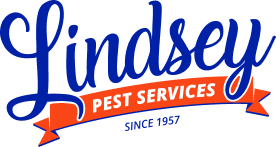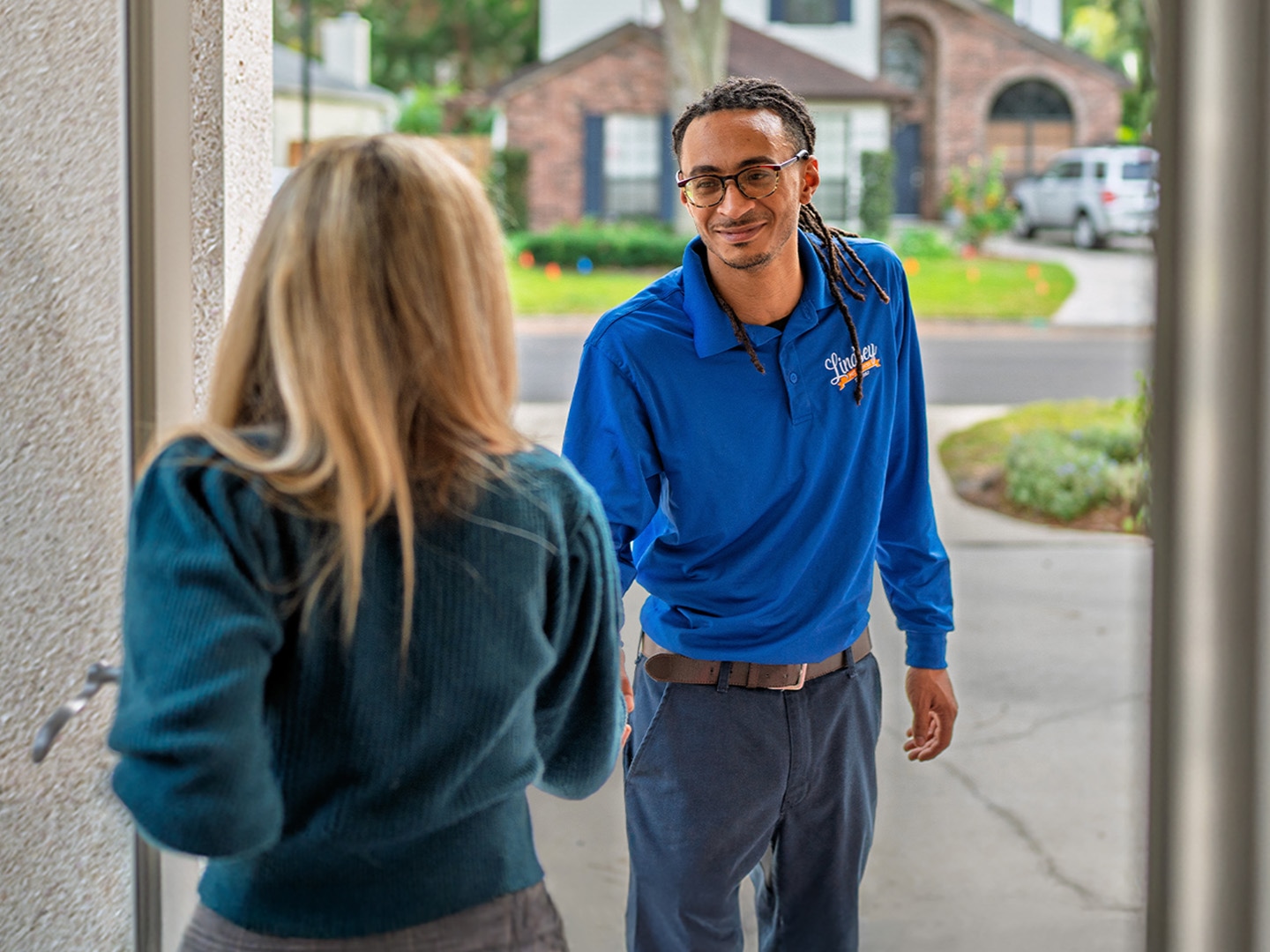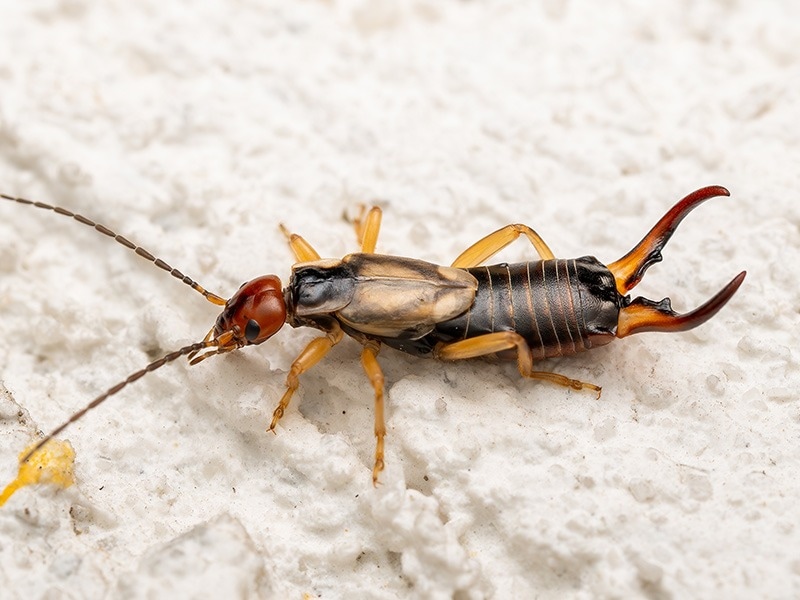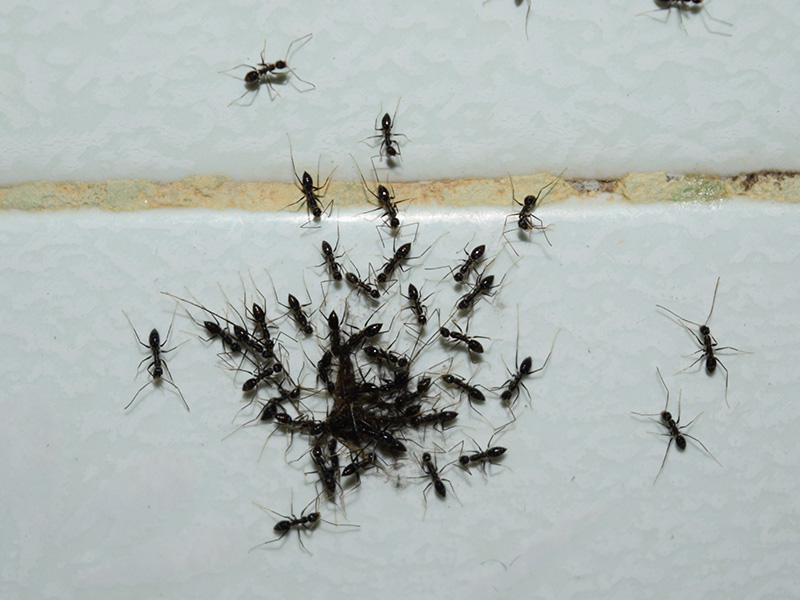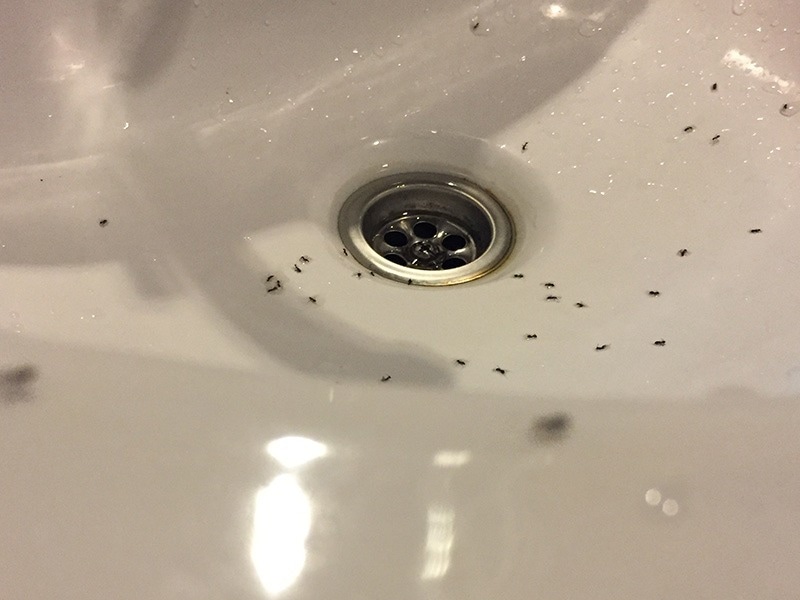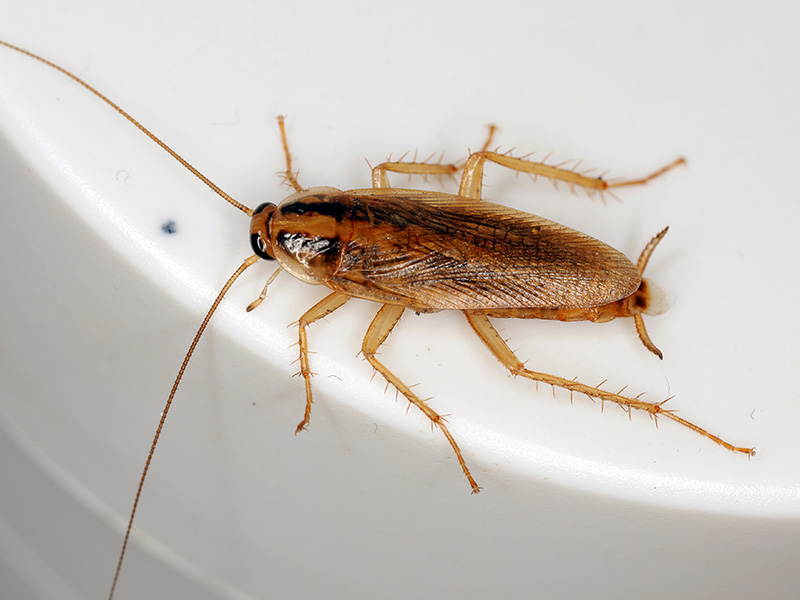The Secret To Effective Ant Control For Your Jacksonville Property
When ants show up in your Jacksonville home or yard, you probably just want them gone. But not all ants are the same, and that’s the real secret to getting effective control. What works for one type of ant might do absolutely nothing for another. In fact, using the wrong approach could make things worse.
Here in Northeast Florida, ants that cause some of the biggest problems include general nuisance ants (the kitchen invaders), carpenter ants (the wood destroyers), and fire ants (the ones that make walking barefoot in your yard a gamble). Each needs its own game plan. Let’s break down what you need to know.
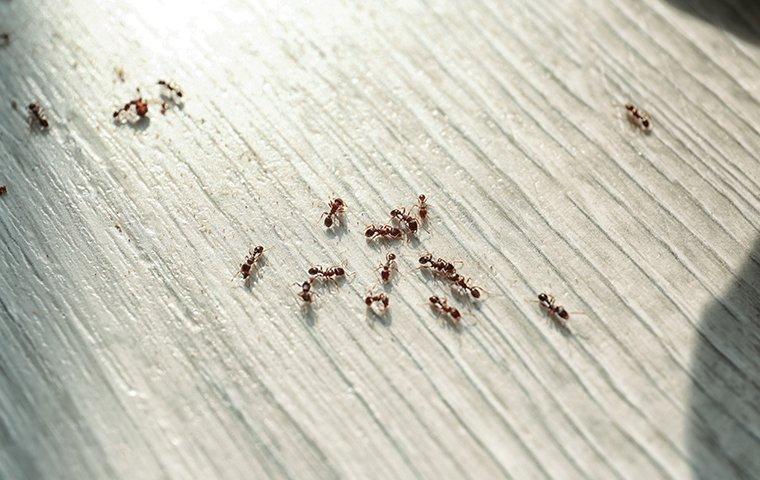
General Pest Ants: The Kitchen Crashers
If you’ve ever walked into the kitchen to find a trail of ants marching across the counter, you're not alone. These are your typical sugar ants (odorous house ants), white-footed ants, or ghost ants looking for crumbs, spills, or leftovers.
The trouble is, these ants can contaminate food. Before they land on your sandwich, they may have been crawling through your trash or the grime under your appliances.
Here’s how to stop them from taking over:
- Keep it clean. Even tiny spills can attract a big trail. Regular wipe-downs go a long way.
- Seal your snacks. Use airtight containers for pantry foods, especially sugary or past-date items.
- Pick up pet food. Don't leave kibble out all day — it’s a buffet for ants.
- Close the gaps. Use caulk to seal cracks and crevices around windows, baseboards, and under cabinets.
- Declutter the yard. Ants often nest in piles of leaves, mulch, or sticks. Clear those out to reduce nearby colonies.
Carpenter Ants: The Damaging Woodworkers
Carpenter ants are bigger than your average ant and are typically black or a mix of red and black. Unlike termites, they don’t eat wood — but they carve tunnels through it to build their nests. That can still mean serious damage if they get into your walls, attic, or crawl space.
You’re most likely to spot carpenter ants outside in:
- Old tree stumps
- Firewood piles
- Unpainted decks or fences
- Damp or rotting wood near the home
Indoors, they often show up:
- In kitchens or bathrooms (they’re drawn to moisture)
- Crawling along baseboards or under windows
- Emerging from wall voids or ceiling cracks, especially at night (they're nocturnal)
- Near sinks, dishwashers, or around leaking pipes
What to do:
- Remove wood debris near your house.
- Paint or seal exposed wood to make it less appealing.
- Repair leaks and reduce indoor moisture.
- Inspect window and door frames for sawdust or soft spots.
- Call a professional if you spot large black ants indoors — especially if it’s more than one. Seeing them inside may mean they’ve already started nesting in your home.
Fire Ants: The Unwelcome Lawn Guests
Fire ants are aggressive, hard to kill, and notorious for their painful stings. You probably already know if you have them — just one encounter is memorable.
They’re usually found:
- In sunny areas of your lawn
- Near sidewalks or driveways
- Around AC units or utility boxes
Unfortunately, DIY methods rarely work. Dumping hot water or vinegar into the mound might make you feel better, but it won't get rid of the colony. Fire ant nests can go up to 10 feet underground with multiple queens.
Bottom line: If you’re seeing fire ant mounds or getting stung in your own yard, it’s time to bring in a pro.
So, What's the Real Secret?
Ant control isn’t about one-size-fits-all solutions — it’s about knowing which ants you’re dealing with and targeting them directly. That’s where professional pest control makes all the difference. At Lindsey Pest Services, we identify the species, find the source, and apply customized treatments that actually work.
Need help with ants?
Whether they’re crawling across your kitchen, chewing through your siding, or turning your lawn into a minefield, we’ve got you covered. Reach out today and take back your home — one ant at a time.
